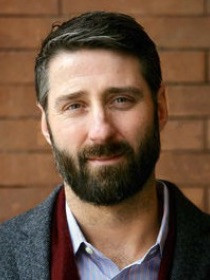
Daniel Kreiss
Connect with Daniel
About Daniel
Kreiss’s research explores how changes in media and technology shape political communication, defined broadly to encompass the institutional (campaigns, legislative bodies, the presidency, the press, civil society organizations) and extra-institutional (movements) actors, events, and processes that constitute democratic life. In the course of his research, he has asked and answered questions such as: how do changes in media technologies affect political campaigning and civic participation? What does the lowered cost of speaking to mass audiences and organizing political action mean for the relative power of political elites, professional journalists, social movements, and citizens? How have movements and non-elites built and used technologies to amplify their voices in the public sphere and the halls of government? And, what implications do media and technological change have for the practice, and promise, of democracy? Kreiss primarily uses qualitative fieldwork methods to contribute to an interdisciplinary body of scholarship in political communication, journalism studies, science and technology studies, and cultural sociology. In the course of the last two decades, Kreiss has been involved in a number of non-partisan civic efforts. He is currently a member of the Scholars for North Carolina’s Future, which engages scholars in public dialogue around contemporary issues in North Carolina. Previously, he served as the senior director of programs and development for VoterWatch, a governmental transparency initiative. Before embarking on an academic career, he was the director of major gifts for The After School Corporation, the founding director of an after-school program in Brooklyn, NY, an electoral organizer and development director of Citizen Action of New York and the Public Policy and Education Fund, and senior manager of foundation giving for the nonprofit volunteer organization New York Cares.